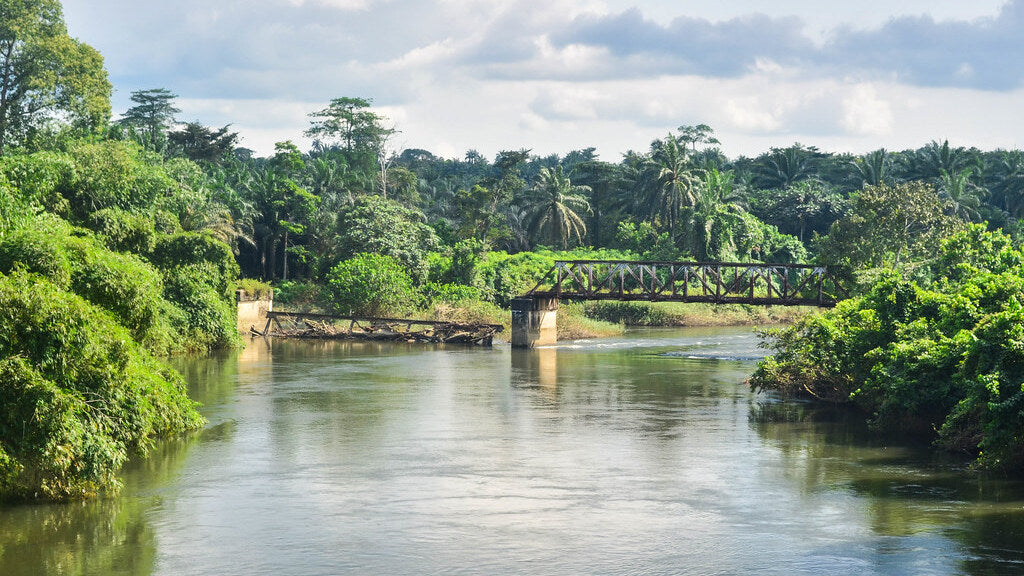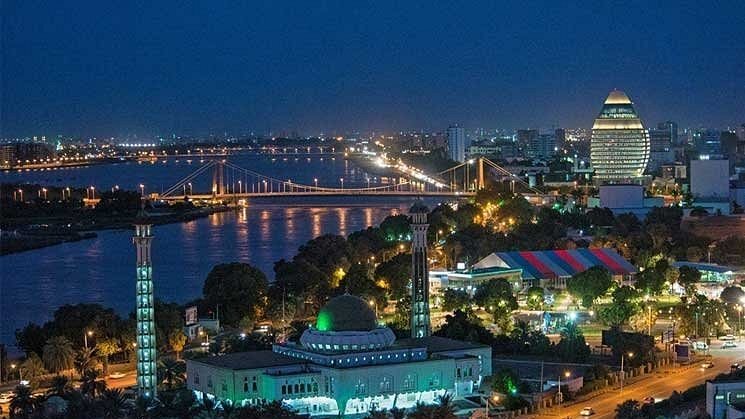
Nigerian babies thrown into rivers: initiation rite or relic from another time among the Ijaw and the Yoruba?
There are cultural practices that defy modern understanding. Among them, a curious and controversial tradition in Nigeria arouses intrigue and incomprehension: throwing babies into rivers. This ritual, observed by the Ijaw and sometimes the Ilaje, intrigues with its mysterious origins and multiple symbolisms. At first glance shocking, this custom is however not morbid, according to those who practice it.
In Bolowo, Ondo State, Cheif Tansemi, a respected community figure, stands against hasty judgments: "It is an act that connects our children to water, which is central to our survival." But where does this tradition come from that seems to walk the blurred line between ancient and contemporary?
Water, the lifeblood of the Ijaw
The Ijaw are one of the oldest tribes in Nigeria, living mainly in the riverine regions of the Niger Delta. Their relationship with water goes far beyond the simple physical need; it is rooted in their beliefs, their spirituality and their way of life. For them, water is a symbol of fertility, of life, and every newborn must be introduced to this element that shapes the identity of the people. Far from a Christian baptism, this ritual immersion seeks to familiarize the child with this environment essential to their survival.
The ritual is performed with precision and care. There is no question of simply throwing an infant into the tumultuous waters of a river. Instead, babies are introduced to water around the age of two months, often in a ceremony supervised by elders. It is almost an act of welcome into the Ijaw world, where water is omnipresent. Cheif Tansemi sums it up: "Water is our nourishing mother, she gives us food and drink. The child must learn to know her."
Osun and the Yoruba River Deities
Among the Yoruba, river rituals take a different turn. Where the Ijaw immerse their children in water for practical and cultural reasons, the Yoruba see it as a highly spiritual act. In Osun State in particular, the Osun River is not just a body of water; it is the abode of Osun, the goddess of fertility and prosperity. The river rituals here are not just symbolic, they are a supplication to this deity to bless and protect the child. It is a widespread and revered practice, especially during the Osun-Osogbo festival, when thousands of pilgrims come to honor the goddess.
As Oloye Ifayemi Elebuibon, one of the custodians of Yoruba culture, recounts, "Dipping a baby in the Osun River is a way of connecting it to the spiritual forces of our people. It is a sacred baptism under the protection of Osun, the mother of fertility."
Spirituality and symbolism: an inseparable link
Both practices, though different in execution and reasons, reveal the importance of water as a vital and spiritual link for these communities. Whether it is to introduce a child to the aquatic environment among the Ijaw or to bless him with divine protection among the Yoruba, the act of immersing a child in a river goes far beyond mere tradition: it is a way of perpetuating an ancient belief that water is both the source of life and a gateway to the spiritual.
The Ijaw, historically descended from the Oru, a migratory people originally from the Nile Valley, have shaped their existence around the riverways of the Niger Delta. Here, water is synonymous with survival, prosperity, but also protection. This unbreakable connection with the rivers has been passed down from generation to generation, in communities where modern innovations are distrusted but ancestral traditions are respected.
For the Yoruba, the river is more than a natural environment, it is the very body of Osun, a deity who watches over his children. This symbolism has endured through the ages, and immersing a baby in a river under the aegis of Osun is not simply bathing him in water. It is offering him the blessing of a divine force that protects and guides.
When tradition collides with modernity
But as with many ancient rituals, this practice is not unanimous today. At a time when DNA testing and modern medicine are undermining spiritual beliefs, some doubt the relevance of these rites, especially in urban areas. The younger generations, often removed from river realities and steeped in global influences, are gradually distancing themselves from these customs.
Some see this immersion as an archaic test. There have even been isolated but real cases where this tradition has been used to verify the legitimacy or paternity of a child: if the baby floats, then it is "legitimate". If this kind of practice is disappearing, it continues to haunt some minds.
Between tradition and modernity, what becomes of this rite?
The ritual of babies being immersed in rivers among the Ijaw and Yoruba reminds us of the complexity and richness of African beliefs. In these communities, water is not just an element; it is a force, a protective mother and a link to the divine. While this practice may seem strange, even barbaric, to those who do not understand it, for these people it is a sacred act, intended to protect and guide their children from their first moments of life.
However, like many cultural practices in a rapidly changing world, this tradition faces increasing challenges. Time will tell whether it will continue to be practiced, or whether it will gradually disappear as younger generations move away from ancestral beliefs. What is certain is that, for those who still practice it, this tradition represents much more than a simple dip in the water: it is a connection with ancestors, with spirits, and with the very essence of their culture.



Leave a comment
This site is protected by hCaptcha and the hCaptcha Privacy Policy and Terms of Service apply.